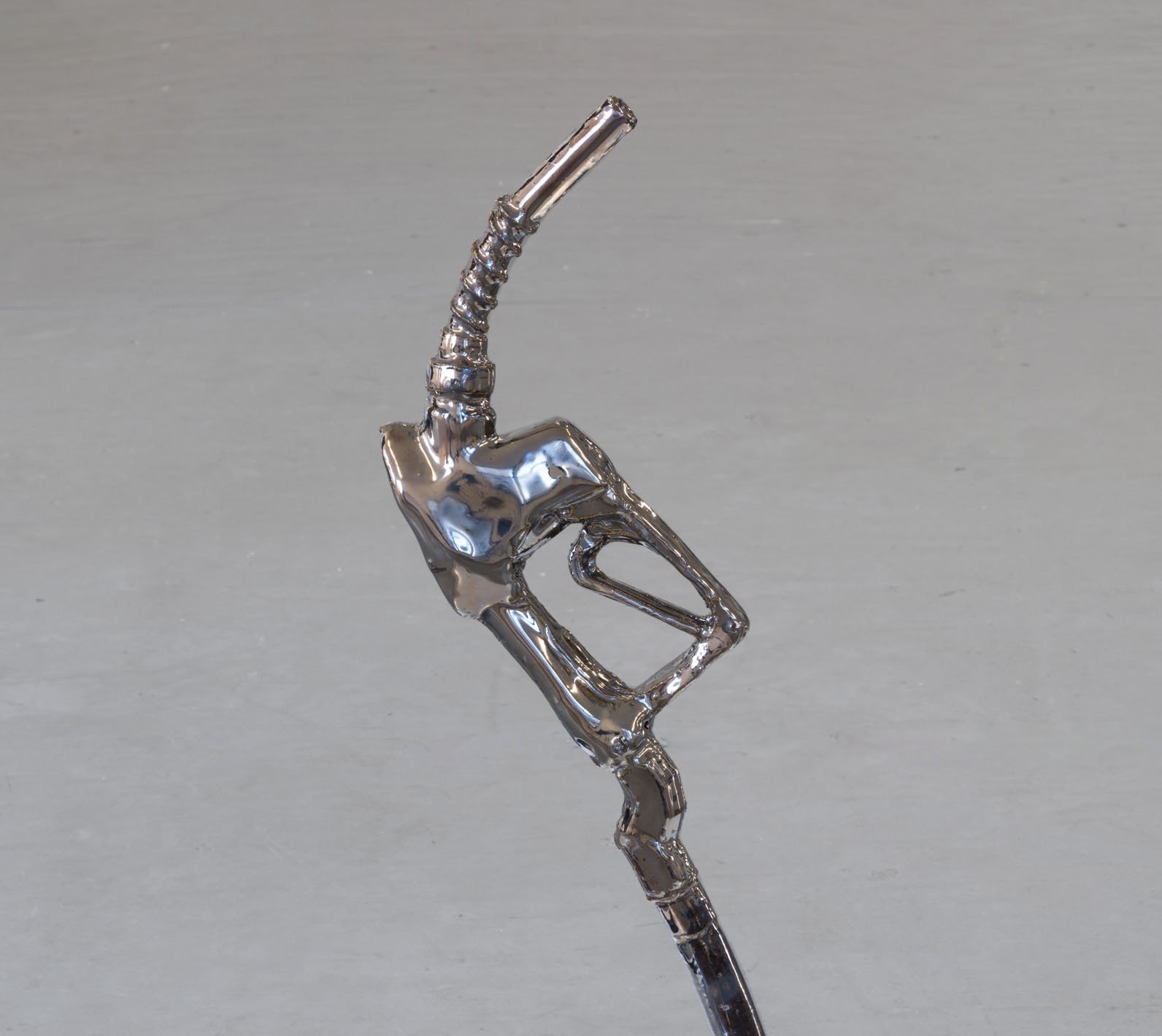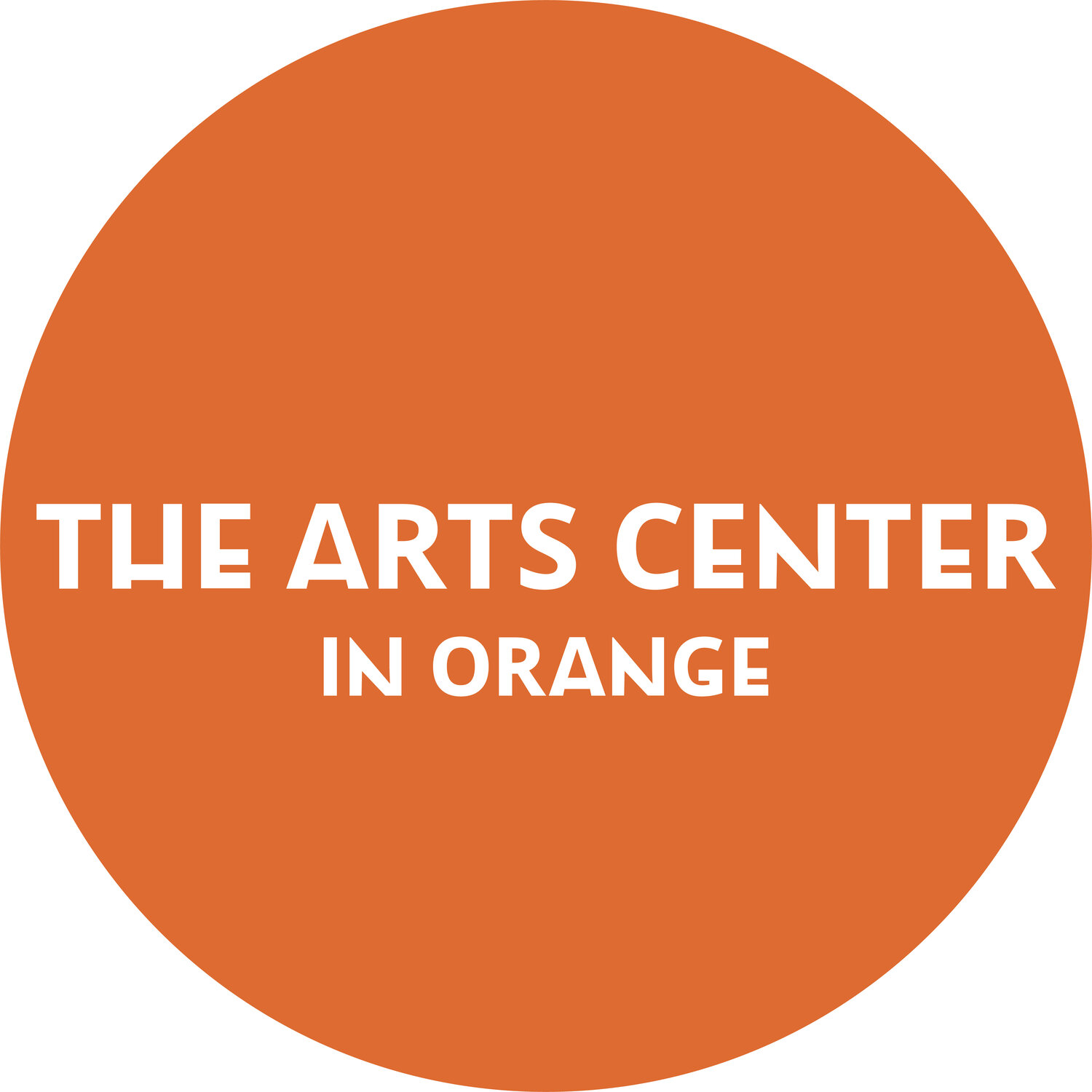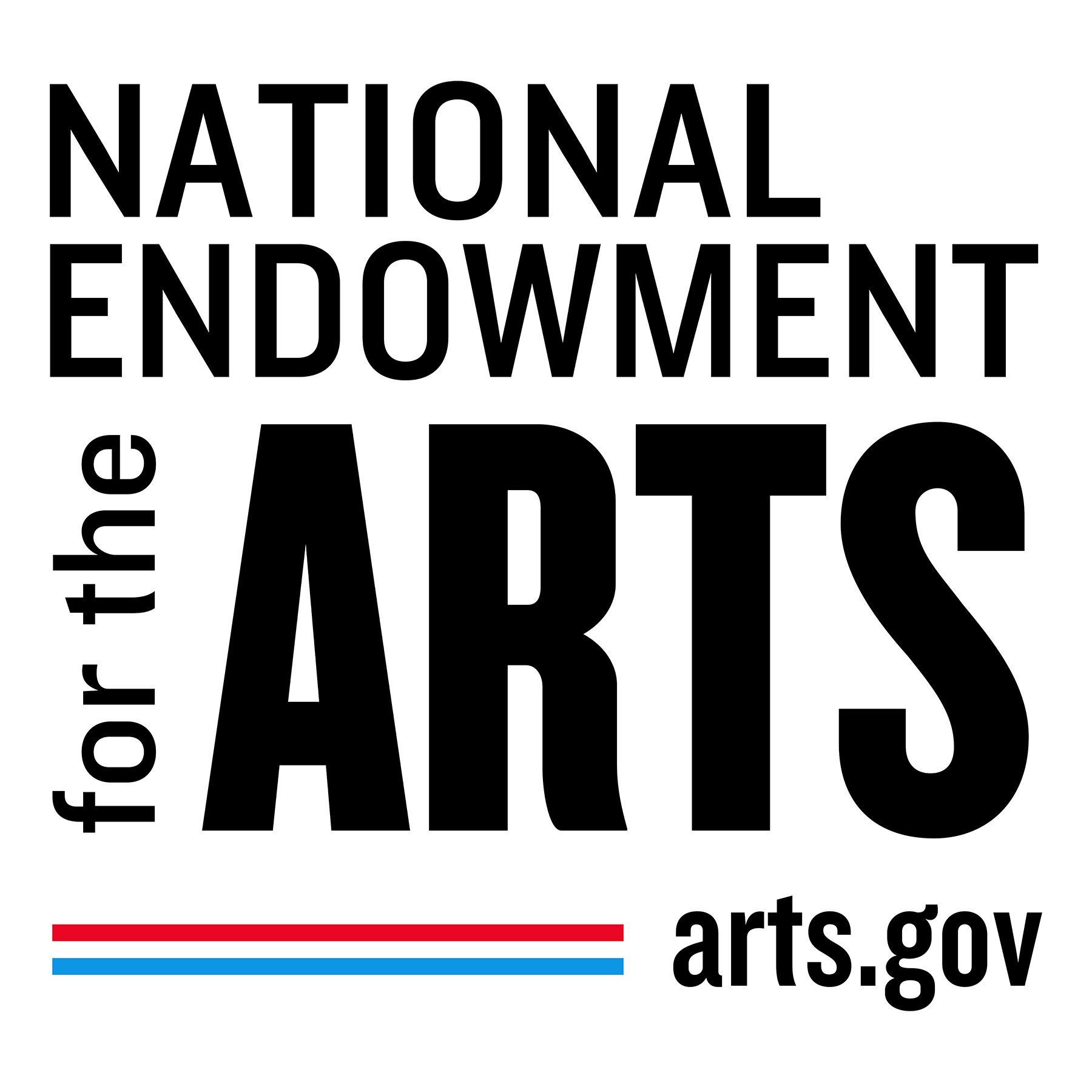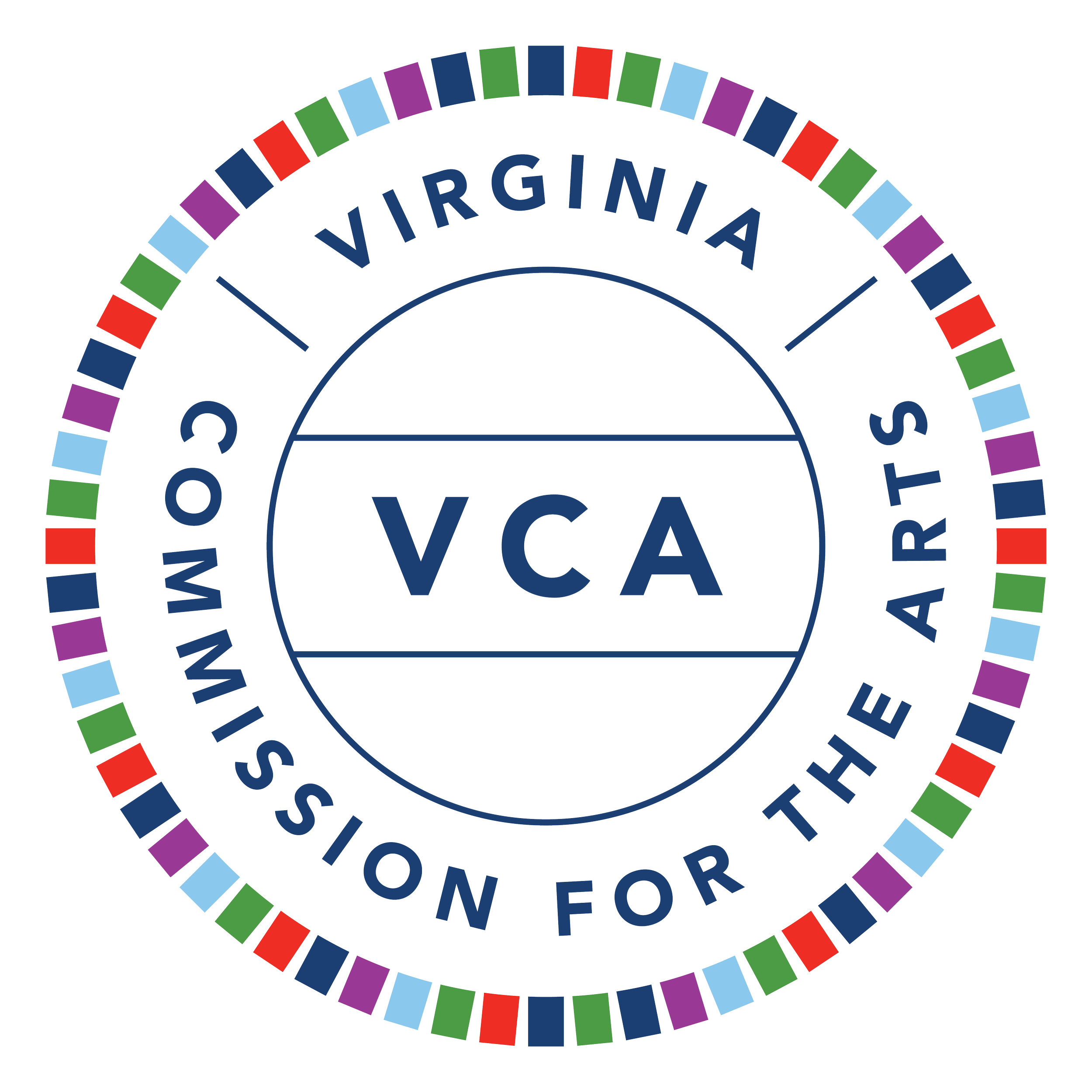
WHEN TOMORROW ARRIVES WE WILL LOVE LIFE
ABED ELMAJID SHALABI
On view: August 1 - September 28, 2024
Opening Reception: Thursday, August 1 | 5:30 - 8 PM
ABOUT
THE EXHIBITION
“Tomorrow we will love life.
When tomorrow comes, life will be something to adore
just as it is, ordinary, or tricky
gray, or colourful...stripped of judgement day and purgatory...
and if joy is a necessity
let it be
light on the heart and the back
Once embittered by joy, twice shy”
Titled after Mahmoud Darwish’s poem A State of Siege (2002), Abed Elmajid Shalabi’s exhibition presents new works, some created during his Spring 2024 Ceramics Studio Residency at The Arts Center in Orange, that confront the realities of modernization in the post-oil Arab world and investigate possible futures.
Focused on questioning the ideas of progress, safety, and direction that are often represented by familiar industrial objects such as tractor seats, gas pumps, and shock-resistant rubber mats, Shalabi literally transforms foundational pieces of infrastructure into something unreliable by shifting their material: curved plastic and cold metal recast in brittle ceramic. By exposing surface cracks, emptiness, and other moments of vulnerability, Shalabi pushes against the speed of modernity and the ways in which its false promises alter our connection to the body, gender, and self. Viewers are invited to enter the space, navigate the ambiguity of his sculptures, and draw their own connections to the many themes that underpin his practice.
ABOUT THE
ARTIST
Abed Elmajid Shalabi (b. 1991) is a Palestinian Israeli artist living and working in Richmond, Virginia. During Spring 2024, he worked and maintained his studio at The Arts Center in Orange, creating new artworks for this exhibition and sharing his skills with community members. He is currently an artist in residence at the International Studio & Curatorial Program in New York City, and was awarded a Visual Arts Fellowship from the Virginia Museum of Fine Arts for 2024-2025.
Shalabi joined the Skowhegan School for Painting and Sculpture (2022); he holds an MFA in Sculpture from Virginia Commonwealth University (2021) and a BFA in Fine Arts from The Berlin University of Arts and Shenkar College in Tel Aviv (2019). Shalabi was awarded the Virginia Museum Of Fine Arts Graduate Fellowship (2020-2021), The Paul F. Miller Graduate Scholarship in Sculpture (2020). He was awarded grants from Artis, United States Artist, and the Robert Weil Family Foundation. Shalabi has exhibited work at Center for Contemporary Arts, Tel Aviv; Hamiltonian Artists, Washington DC; C24 Gallery, SARA’S Gallery, and NARS Foundation Gallery, all in New York; and Vox Populi, Philadelphia; OCCCA, California; and The Anderson, Virginia.
Learn more about the artist and his work by visiting his website.
-
"Gas nozzles, road signs, a truck bed, or car seats repeat throughout, but not as abstract motifs; these are actual objects synonymous with distances, journeys, and travel, which are the exhibition’s implicit themes. For Shalabi, the exhibition considers a post-oil future of the Arab world, a time at which we have yet to arrive. This anticipation is only heightened by his placement of each piece at an expanse from each other, creating a cohesive installation that hinges on distance, literally and figuratively. "
-
"Most of the stuff Abed Elmajid Shalabi represents in sculpture comes from the near-universal culture of cars and trucks. But the Richmond-based Palestinian Israeli artist transfigures everyday things by reducing them to fragments and rendering them in unexpected materials. The centerpiece of his Hamiltonian Artists show is a cast model of part of a truck bed made primarily of fiberglass-reinforced concrete. The form of the bed is familiar, but it’s made of a substance over which a truck might drive, thus melding a vehicle with its environment.
The title of the show, “When Tomorrow Arrives We Will Love Life,” is taken from a poem by Palestinian writer Mahmoud Darwish. Lines from Darwish’s verse may be featured in the text pieces Shalabi makes on metal highway signs coated with a reflective surface. It’s hard to tell, since the artist piles the words on top of each other so some can be read, yet the overall meaning is indecipherable.
Such ambiguity is typical of the sculptor’s work, which alienates items from their ordinary uses. A gasoline-pump nozzle is simulated in glazed ceramic and affixed to a wall. Two essentially identical yellow bucket seats, which look to be plastic but are also ceramic, appear unequal because they’re placed on found pedestals of different sizes. The objects Shalabi scatters around the gallery are recognizable, but they serve as signposts to an unknown journey."
-Mark Jenkins
-
"Abed Elmaji Shalabi ‘s work is rooted in the transformation of everyday objects into emotionally and politically-charged sculptures. Shalabi uses ceramic as the main material in his work, allowing him to create visually-appealing gloss objects that conceal their fragile and dysfunctional nature. Through a combination of ceramic, found objects, concrete, wood, and aluminum, Shalabi's work blurs the line between fragility and solidity. His work explores the intersection of Western and Arab cultures, highlighting the gap between the promises and realities of capitalist urban design. Shalabi's installations are theatrical spaces that examine power structures and gender relationships, particularly as they relate to the experiences of queer individuals and the Arab community."
This exhibition is also supported in part by the Virginia Commission for the Arts, which receives support from the Virginia General Assembly and the National Endowment for the Arts, a federal agency.









